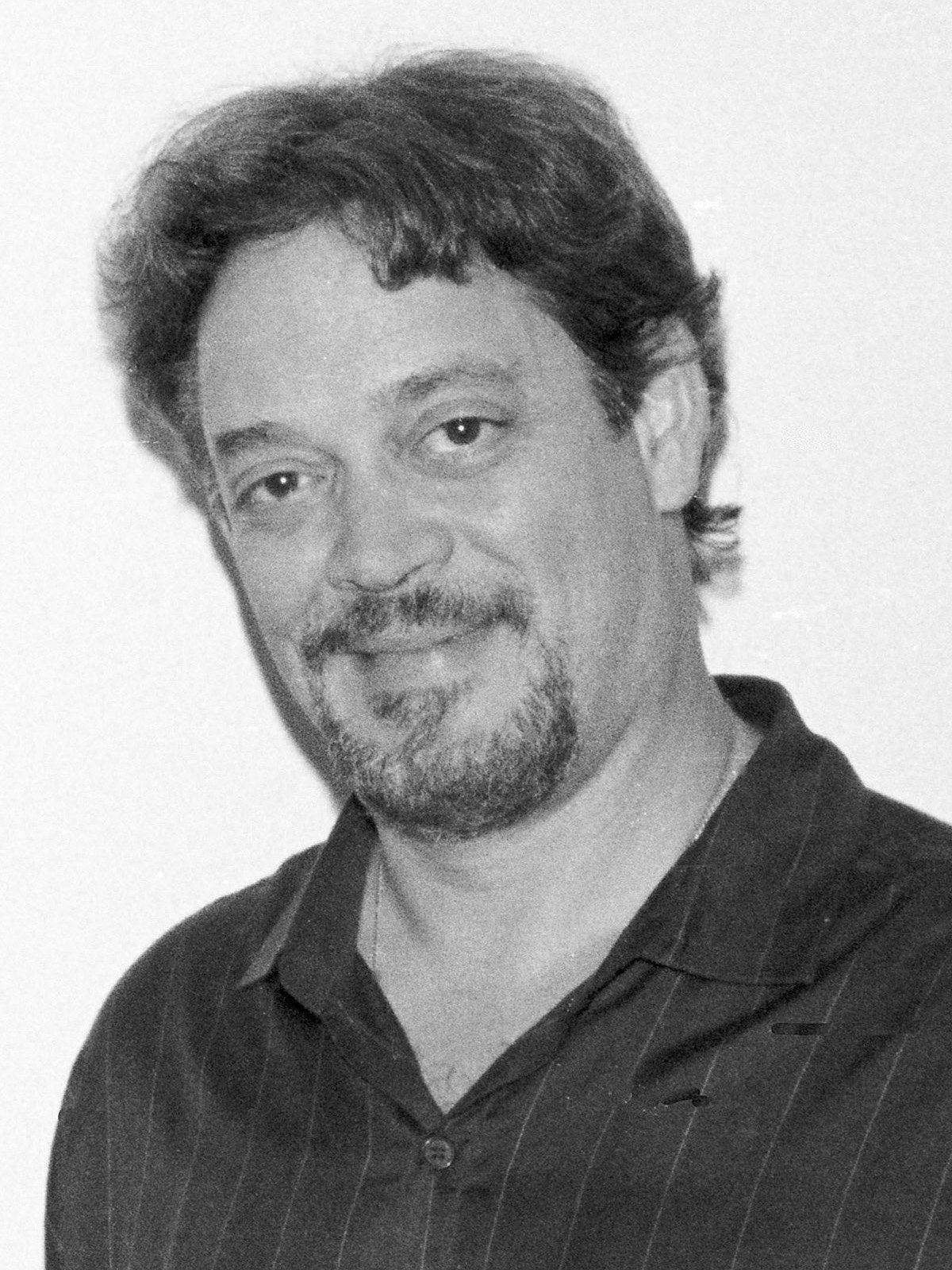
- Golden Globe Awards
Out of the Archives:: Raul Julia on “Romero”
In 1989 Raul Julia spoke with the journalists of the Hollywood Foreign Press Association about playing Óscar Arnulfo Romero in John Duigan’s Romero. Romero was the Archbishop of San Salvador who was assassinated in 1980 for taking a stand against the death squads of the military dictatorship.
“This is not really a political film, it’s about an ordinary human being who developed from a timid, shy, introverted man into a champion of the people, into a hero, an extraordinary man. And it happens to take place within an atmosphere of political turmoil, but it’s not a leftist propaganda film to criticize the United States because it is helping the military in El Salvador by supplying arms that are being used for unjust means.”
“Romero was responding to what he felt was the Gospel’s mandate because he was outraged by what was happening to his people. He had both things, the sense that God wanted him to do what he was doing and also the outrage of watching innocent people being massacred and tortured. The truth is that the film is about a human being who cares about people.”
“I don’t like to get involved in politics, and I’m not a politician, I’m an actor, but I am concerned about the human issues, as was Romero. He didn’t have a political ideology and neither do I. Personally, I look at the facts, and I wonder ‘what’s the United States doing in El Salvador, what are the relations with their government, why are they sending military aid?’ I try to do whatever needs to be done to assist people and get them into a better condition. That’s why I am involved with The Hunger Project.”
“One of the things that I learned from doing Romero was that, even though I have always loved the Catholic Church and the guy who started it all, Jesus, I didn’t participate as much in the Church, because I always saw the negative stuff about it and all the crap that is there and needs to be cleaned up. But then I saw the positive aspects of the Church, the difference that it makes in Latin America and in people’s lives. They are actually working with the poor and becoming partners with the poor, not as superiors giving these people charity, not like a savior, but more like a partner. So, then I decided to participate again, I go to mass and to communion, and if there needs to be any change to the church, I’ll do it from within rather than criticize it and not participating.”
“I have always had the intention of playing a variety of roles rather than being stereotyped into one thing, that’s been my goal and I’ve been able to achieve it. Partly, it’s been by fortune and partly by me choosing the right things. And I hope that perhaps I will help other Latin actors, maybe I can open more doors for others that are coming up. When I was a young boy I was inspired by José Ferrer, who is also from Puerto Rico, he was my idol, so maybe there are younger actors out there that I can be a good example to.”

